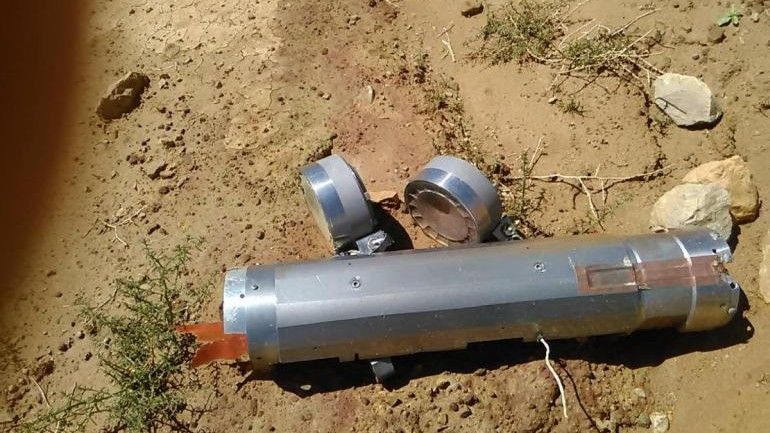- WIADOMOŚCI
Lithuania No Longer A Cluster Munitions Ban Convention Signatory
Lithuanian parliament approved the state’s withdrawal from the Convention on Cluster Munitions. Why has Vilnius decided to resign from being a party to that convention, after 14 years? Well, the answer is obvious: because of the Russian invasion of Ukraine.

In early July we reported that Lithuania’s MoD announced a plan to withdraw from the Oslo convention, banning the possession and use of cluster munitions. Today this has already become a new reality - Vilnius has left the group of signatory states. What are the reasons behind that decision?
Pros
There are at least several reasons why. One of the reasons, that is frequently publicly recalled, is the one referring to the increasingly more serious threat posed by the Russian Federation. The official statement published by the Lithuanian parliament reads that the decision stems from the necessity to utilize all means necessary for bolstering national defence and deterrence capabilities. Laurynas Kasčiūnas, head of the Lithuanian MoD noted that if no cluster munitions are available, and if no possibility emerges to train the personnel in using them, the national defence capabilities would be limited. The effectiveness of deterrence - be reduced. He added that Lithuania cannot afford for the potential aggressor to know in advance that the defender does not have, and remains unable to employ effective means of defence.
Speaking of the arguments behind the Lithuanian decision, it is also worth recalling that among the countries bordering Russia, only Norway is a signatory to the convention. Another factor prompting the government in Vilnius to make such provisions is the constant shortage of ammunition faced by virtually the entire Europe.
What are the Cluster Munitions?
Jakub Palowski wrote about what cluster munitions are in detail on Defence24.pl back in January 2023:
“DPICM - Dual Purpose Improved Conventional Munitions offer much more lethality against enemy troops of armour, as opposed to conventional HE rounds. The principle of operation is quite simple. Several or even several hundred HE/frag submunitions are usually spread over a target. The explosive power of those munitions makes it possible to effectively attack enemy vehicles, by penetrating the top armour, or the infantry, across a much vaster area than in the case of a conventional HE round.”
“Cluster munitions allow for effective combat against surface targets through the use of dozens to even hundreds of submunitions spread over a large area. Since the middle of last year, artillery cluster munitions have been supplied to Ukraine, and more recently Kyiv has also possessed ATACMS missiles with such warheads,” we can in turn read in another text that appeared on our pages.
Speaking of cluster munitions, one must also remember about one of its deficiencies. Namely, the possibility of unexploded ordnance being left behind that poses a potential threat to civilians. The Lithuanian authorities are eager to find a solution to this problem. As the statement issued by the Lithuanian parliament on 18th July reads, Lithuania would employ all means necessary to mitigate any possible consequence stemming from using cluster munitions. This is to include rapid neutralization of unexploded ordnance, following the military operations. The release states that the potential negative impact of cluster munitions would be mitigated by creating a proper set of rules and procedures that would be associated with the use of such weapons.
The authorities are committed to acting in line with the rules and principles of international humanitarian law. The release also states that Vilnius is treating all of its Geneva Convention and derived protocol commitments seriously.
















